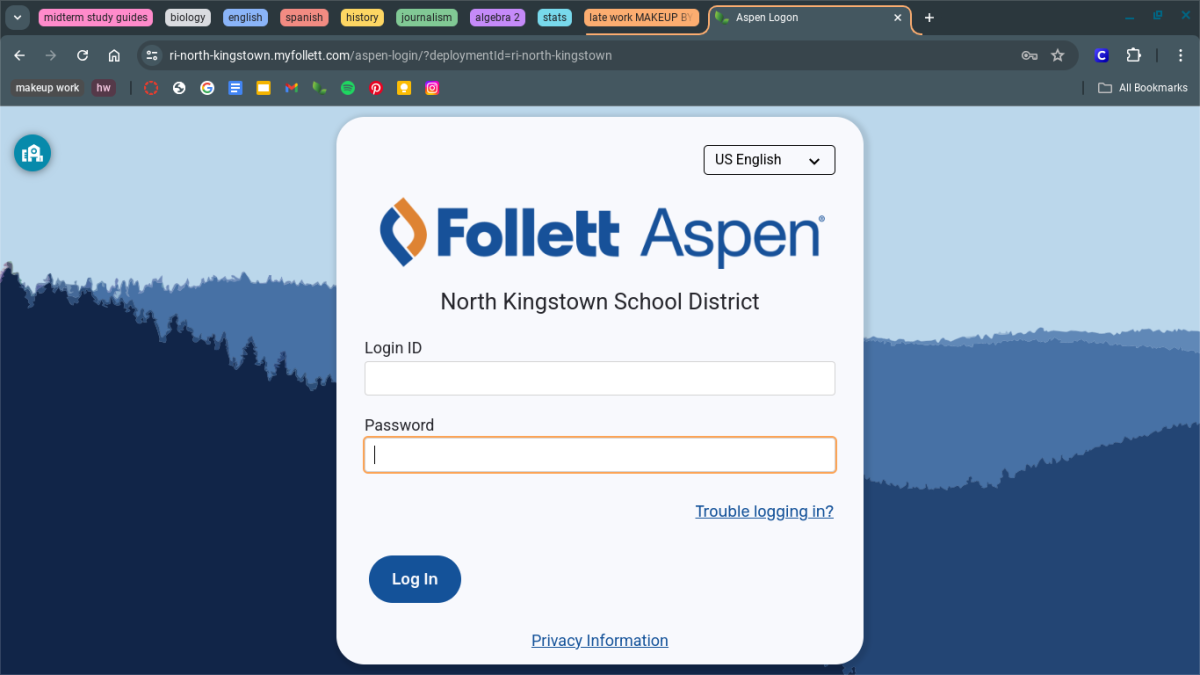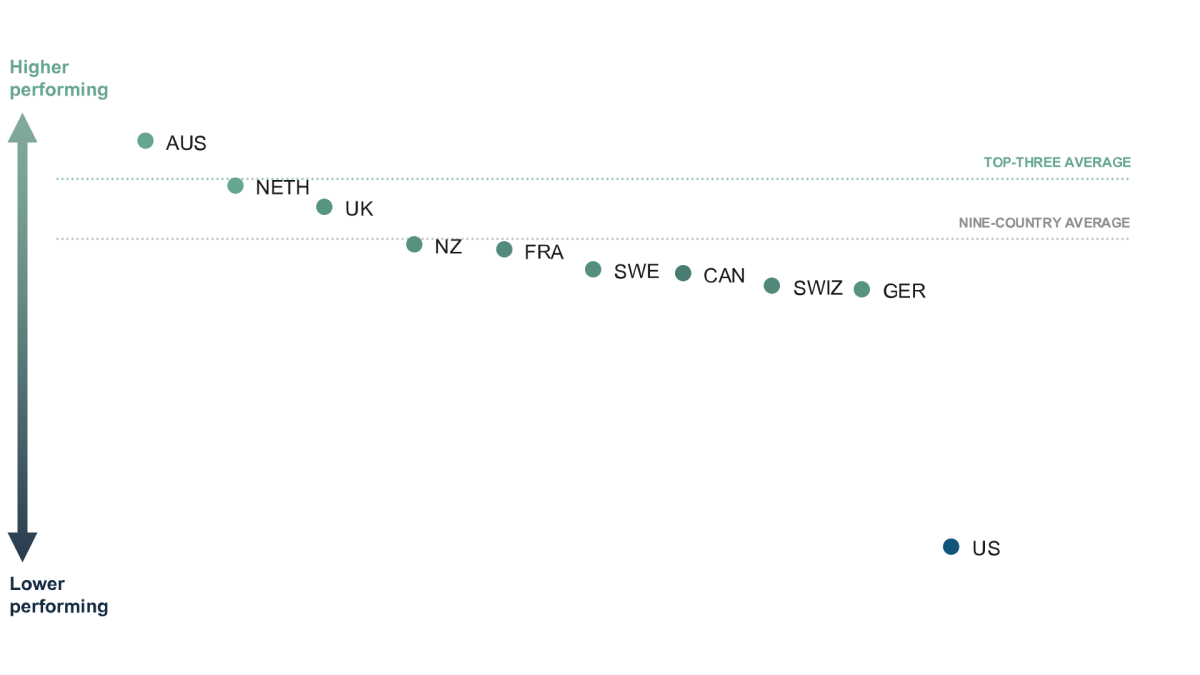Ableism in the classroom
January 31, 2022
Imagine hearing your teacher giving a lecture, but not being able to comprehend anything they’re saying. Imagine seeing words on a page, but the letters keep switching spots.
What if you had trouble processing numbers in class, or struggled to write words on a page? Does the thought of sitting in a chair for over an hour fill you with dread? You might be wicked intelligent, but just slow enough on the uptake that people will still call you stupid.
You may not experience these things, but your classmates certainly do. According to the National Center for Education, about 7.3 million students between the ages of 3 and 21 have received special education services. Roughly 33 percent of those students have been diagnosed with learning disabilities. But how many classrooms actually accommodate these students?
The American education system operates on the assumption that all brains work the same way. That’s just not the case. Many neurodivergent students often struggle with motivation and executive dysfunction, or with other barriers that hamper their ability to succeed in the classroom. Some teachers outright refusing to accept late work may make students lose motivation to do homework or turn in late work for other classes.
I personally have trouble with executive dysfunction. I can’t keep track of time, I can hardly ever effectively plan out time to do homework, and I often forget details ranging in importance from not putting the date on an assignment to forgetting to do a whole research project. The worst part is, I can’t even use the excuse “I forgot” because most teachers only hear “I don’t care about my school work.”
Students with dyslexia may struggle with numbers appearing to switch around on the page or getting similar letters mixed up, and those with dyscalculia will have a similar issue with numbers. This can make learning difficult, as they will have to do an extra step before they can even begin answering a question or solving an equation.
I don’t struggle with this and don’t know anyone with either disability. However, I’ve heard many anecdotal stories about how people were bullied or ostracized, by students and teachers alike, for being “stupid” or “slow” for not doing well in class. In reality, the student was very bright; they just had issues with processing letters or numbers.
Children with dyspraxia may have issues with movement, coordination, language, speech, or all of the above. Again, I don’t know anyone with this disability, but I can’t even begin to imagine how difficult things must be for them. They are forced to read and write at the pace of their neurotypical peers, even though they may need a bit longer to complete assignments, or they might need to replay a video to get all the information.
Another thing I struggle with is auditory processing. Although I’m not officially diagnosed with any sort of auditory processing disorder, I do often struggle to keep track of lengthy lectures or videos. The noises all start to blur together, especially if there are other, smaller noises happening around me.
Taking notes from a teacher’s lecture or a video takes all of my focus, and occasionally I even focus so much on forcing myself to listen and separate the words that have merged in my head that I forget to actually listen. Then, I’m missing notes that I need to study for the test. A response I get quite often when I ask a teacher for help is “you should have been paying attention” or “ask a classmate,” which is not very helpful, to say the least.
Students with ADHD may need to fidget or sketch in the margins of their notebooks to stay focused in class. How many times have you heard a teacher say “I asked you to stop fidgeting” or “please stop drawing” only to have that student zone out for the rest of class and not get anything done? Would you have even noticed if something like that happened?
Neurodivergent students are forced to act like their neurotypical peers, and that only ever leads to a lack of motivation in the classroom, or inescapable feelings of inadequacy that only add to the stress of school. For nearly twenty years, they are supposed to act in ways that are unnatural to them, or do things that their brains are simply incapable of doing. That can be a heavy burden to carry, especially if you have unsympathetic teachers or classmates.











